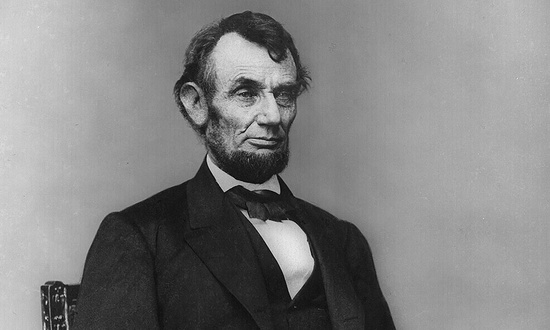Question from a reader:
You would think that Jesus and the New Testament would have a different view of slavery, but slavery is still approved of in the New Testament, as the following passages show.
- Slaves, obey your earthly masters with deep respect and fear. Serve them sincerely as you would serve Christ. (Ephesians 6:5 NLT)
- Christians who are slaves should give their masters full respect so that the name of God and his teaching will not be shamed. If your master is a Christian, that is no excuse for being disrespectful. You should work all the harder because you are helping another believer by your efforts. Teach these truths, Timothy, and encourage everyone to obey them. (1 Timothy 6:1-2 NLT)
In the following parable, Jesus clearly approves of beating slaves even if they didn't know they were doing anything wrong.
- The servant will be severely punished, for though he knew his duty, he refused to do it. "But people who are not aware that they are doing wrong will be punished only lightly. Much is required from those to whom much is given, and much more is required from those to whom much more is given." (Luke 12:47-48 NLT)
Answer by Julia (Stager) Mayo, former EPM research assistant:
It's important to remember the context of slavery in the first century Roman Empire. Slavery was a very common occurrence in that culture, and was a very different institution than slavery in American history.
Paul addressed slavery, since it was a fact, but also urged slaves and masters to treat each other well - as humans created in the image of God and NOT as property to be taken advantage of and oppressed. In the Old Testament the Lord repeatedly calls Israel to treat others well and to care for the orphans, aliens, and widows. The God of the Bible never acquiesces to injustice.
John Piper put it this way:
"The book of Onesimus (Philemon) is the book that is brought forward most often—and rightly, I think—to show that Paul was sowing the seeds to explode the whole situation of slavery. Onesimus himself was a slave when he got converted. Paul sent him back to Philemon who had been his master, and he said, "I am sending him back as a brother. Honor him." I think that kind of spiritual dynamic is intended to explode the system.
Another thing to explode the system is when Paul says to masters, "Do not threaten them, remembering that you too have a master." So he puts the command of neighbor-love—do unto others as you would have them do unto you—in the place of the right of the master to threaten. And if you don't threaten, what do you do? You win by love, and that transforms slavery into employment."
Paul was not satisfied with believers treating each other poorly. For a more in-depth cultural analysis of slavery in that time period check out this article: http://bible.org/article/some-initial-reflections-slavery-new-testament



